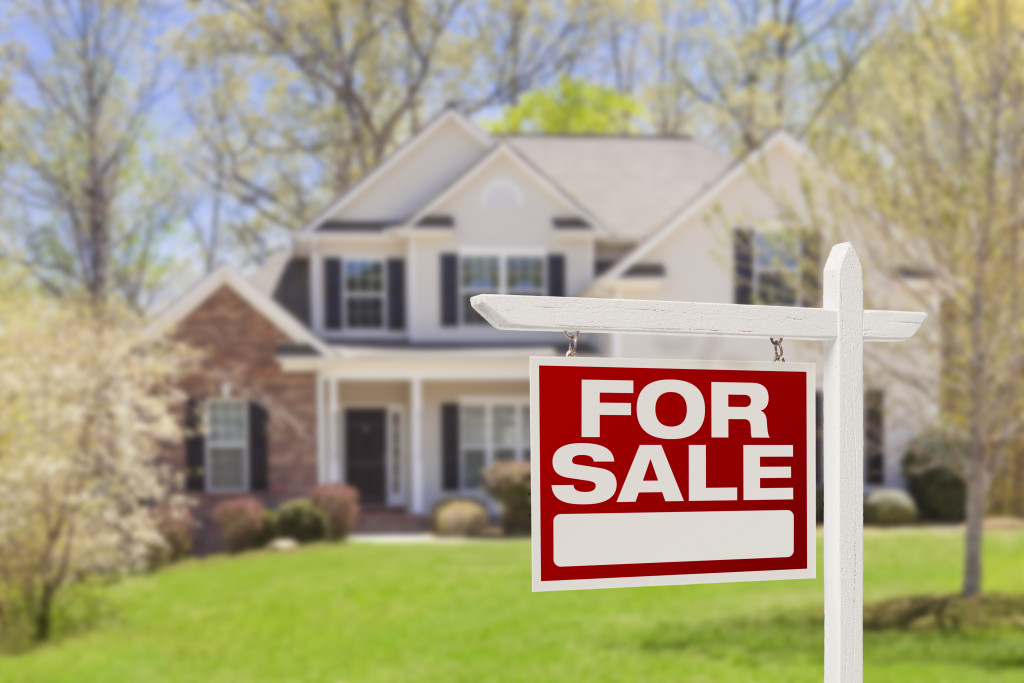Property investing is a great way to get started in the property world. However, before you start buying a property, you must know what you’re getting into. Here are some tips on how to approach your first investment property as well as how much it will cost.
Know the market
Knowing the market and neighborhood is essential when it comes to buying a property. Understanding the local real estate market is essential to ensure you make an informed decision. If you don’t know anything about the area, look at recent sales prices, vacancy rates, and average rents to get an idea of what properties in a similar area have sold for in recent months and years. This will also indicate whether other factors might affect how much your property is likely to be worth (for example, if there has been some significant development work done nearby).
Check out the neighborhood
One of the most important factors to consider when buying a property is the neighborhood. This is especially true if you plan on living in your new home or renting it out as an investment property.
Before making an offer on a new house, take some time to investigate the area around your potential purchase. You can do this by looking at local crime statistics and school information. Additionally, you should consider whether there are any local attractions or amenities that may help increase property values in the neighborhood (such as parks or libraries). Also, look at nearby employment opportunities and see how they are affected by current economic conditions to see whether investing in real estate would be financially feasible for you.
Know the risks

As with any investment, there are real estate risks to consider. Risks could compromise your ability to earn a profit on the property. While some people enjoy taking risks and gambling on something, it’s not for everyone, primarily when investing in real estate as part of your retirement plan.
Risks can be financial, legal, or personal. For example, suppose you buy a property that needs repairs but doesn’t have the money to make them (or don’t know how to do them). In that case, renting out the property could cost you more than what you’re earning.
The most common types of risk are:
- Market risk—the possibility that the value of your property will decrease over time
- Liquidity risk—the inability to sell or cash out on an asset quickly and easily if needed
- Interest rate risk—the effect rising interest rates have on the price of a mortgage loan
Consider hiring a property manager
You might be tempted to handle the management of your investment property yourself. However, having a professional on board will ensure that your rental property is well-maintained and that tenants pay their rent on time.
It’s worth noting that hiring a property manager can come with some drawbacks. They’ll likely charge you a percentage of the monthly rent (8 to 12% is standard). Additionally, they don’t always have access to the same discounts as tenants do. For example, suppose you’re paying utilities through a third party like HVAC or cable companies. In that case, it may be harder for them to negotiate lower rates. But when considering these factors against the benefits of having someone else manage the day-to-day operations of your rental unit, it’s often worth paying more in exchange for peace of mind.
Learn about tax deductions and laws
You should also be aware of other tax deductions you can take. For example, if you pay property taxes, you can deduct them from your income. If you have to pay for maintenance on your property, that’s another deduction. And suppose the value of your home decreases over time due to wear and tear (or even changes in neighborhood values). In that case, it’s called depreciation, and that amount is deductible from your income as well. There are other costs of owning a house beyond just the mortgage payment. For instance, insurance premiums and utilities are both deductible—all factors that factor into overall cost-of-living expenses!
This is important whether you’re investing to buy a home for yourself or lease it out. However, obtaining an Energy Performance Certificate is also a good idea if you’re leasing. This will tell you how energy efficient the property is and whether it needs any repairs or upgrades before you rent it out. If you’re buying a property to live in it, however, you might want to consider buying a home that’s already energy efficient. This will save you money on utility bills, which can help offset the costs associated with owning a home.
In Closing
The property investment market can be risky and exciting, but it’s essential to understand how to navigate it. Understanding the market and risks involved in real estate allows you to make intelligent decisions that will benefit your pocketbook in the long run.







